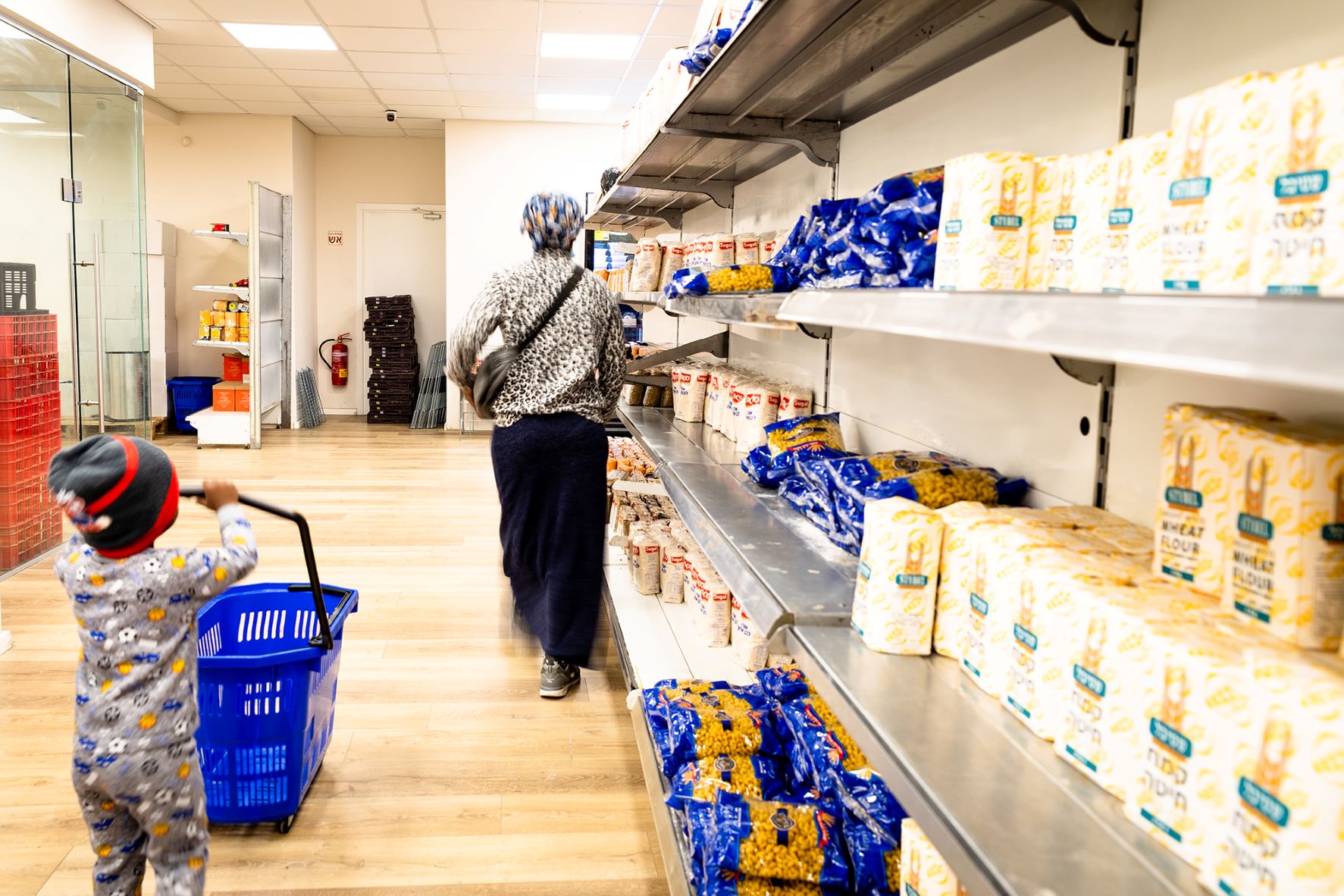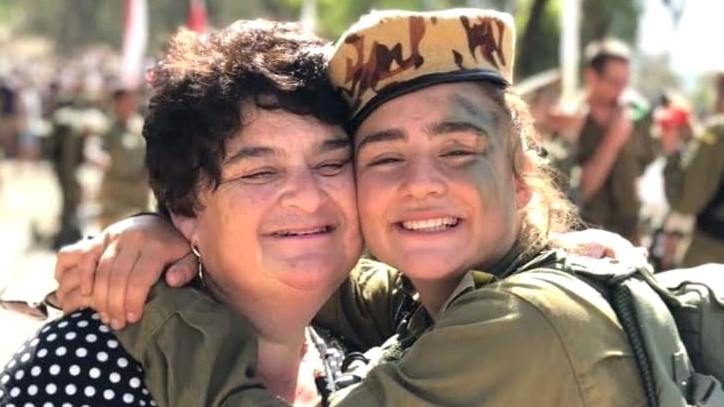$129,000
FOR DONATION
HEALTH & WELFARE / EDUCATION
PROJECT
Mentoring program for students in the 10-12th grades at Ironi Chet Reshit High School in south Tel Aviv.
OBJECTIVE
Facilitate successful transitions into higher education for students from low-income Ethiopian or Israeli origin families who lack role models and/or family support.
IMPORTANCE
Following the success of the pilot program, an ongoing mentoring program will support social mobility and a better future for students who come from difficult and disadvantaged backgrounds.
THE BACKGROUND
Low-income students graduating from high school, including many Ethiopian immigrant students, face great challenges in completing their army service, pursuing higher education, and entering well-paid tiers of the Israeli economy. Some of these challenges are connected to difficulties with the Hebrew language while others relate to low levels of family involvement and support.
Many Ethiopian-origin students and other low-income students have the talent to attend colleges or universities in Israel. However, they often do
not attend because:
– they do not know others who undertook tertiary education;
– their families do not encourage them towards higher education;
– they do not believe they were capable of success at a higher level.
The dynamic principle of the Ironi Chet-Tichon Reshit Municipal High School in South Tel Aviv has been conducting a successful pilot program to mentor the students during and after their high school graduation, with the goal of supporting them to achieve their full potential. Donors have an opportunity to now support the expansion of this program, which will provide Ethiopian-origin students with mentoring, academic and social support.
Getanet was a shepherd in Ethiopia before he moved to Israel. He studied at Ironi Chet and spent time on campus with a mentor during the 11th and 12th grades. He matriculated, joined the army, and served in the Parachuters, a prestigious unit. After his army service, he was accepted to Afeka Academic College of Engineering where he is studying engineering.
THE NEED
The Ironi Chet-Tichon Reshit Municipal High School caters to over 500 students, the majority of whom come from difficult backgrounds and
families of low socioeconomic means. Approximately 90% of the students come from neighborhoods in South Tel Aviv and the remaining 10% come
from surrounding cities. Overall, almost 80% of the school’s population lives below the poverty line. The school serves 155 immigrants from Ethiopia, all of whom have arrived in recent years (since 2000). The students come from families that are economically disadvantaged. Many of the students’ parents do not speak Hebrew.
These students grapple with severe language difficulties as well as financial and educational challenges. Often, these problems are difficult to diagnose due to language and cultural barriers. The school’s biggest challenge is to reduce gaps between students and their parents and to encourage them to achieve academically and socially. The school believes that by providing support to these students and families, during and after high school, it is possible to narrow gaps and empower them with opportunities.
THE PROJECT
The program aims to provide mentoring to 70 students—boys and girls—in the 10th to 12th grades.
Mentors will be recruited from four nearby academic institutions:
– Tel Aviv University
– Bar Ilan University
– Afeka Academic College of Engineering
– Academic College of Tel Aviv-Yafo
High School students will travel to the college/university campuses to meet with their mentor two times per week. Mentor and mentees will spend time studying together, with a focus on math and English. Studying together helps to build a relationship and facilitates a discussion about the mentee’s life and future which follows. It is also important for the High School students to travel to the campuses so that they are exposed to a higher education campus, which most have never visited. The students will be reimbursed for the costs of transportation to the college/university campuses. The college/university mentors will be paid for their mentoring services.
Expected Outcomes:
– Students are directed to meaningful service in the military and civil service as well as to higher education studies.
– All students will complete their matriculation exams.
– 70% of students will graduate with high-quality matriculation exams and with 4 and 5 units in Math and English (5 being the highest level).
– 80% of students will graduate with university acceptance and
– 100% will be eligible to study at colleges.
THE INVESTMENT
The donation is requested over three years to ensure continuity and consistency for students.
The total annual cost of the program $83,000
Contribution by the Municipality of Tel Aviv-Yafo $40,000
Balance $43,000
REQUESTED DONATION over three years $129,000
-
The Reuth Tel Aviv Rehabilitation Campus – Establishing the Future of Healthcare
Background More than 60,000 soldiers and civilians have been wounded since October 7 and in the subsequent Swords of Iron War, creating an enormous and unprecedented challenge for Israel’s healthcare system. Thousands of patients are receiving inpatient and outpatient rehabilitation treatment so that they can regain functional independence and return to their lives and […]
-
Providing food security to asylum seekers and undocumented individuals
The Social Grocery StoreBackround: There are approximately 30,000 asylum seekers and people without status living in Israel, most residing in the impoverished neighborhoods of South Tel-Aviv. Asylum seekers and people without status living in Israel experience ongoing financial instability, often resulting in increased vulnerabilities and exposure to many risks, such as homelessness, health and safety, food insecurity, and […]
-
Uplifting and empowering south Tel Aviv teens
The Lin FoundationLin Yavgenia Levkov – A Promising life cut short: Lin Yavgenia Levkov and her mother Irina immigrated to Israel in the height of the 1990s post-Soviet Aliyah wave. Lin’s childhood was difficult; she struggled at school and barely continued her education into high school. But this is where her story took a turn; Lin studied […]




